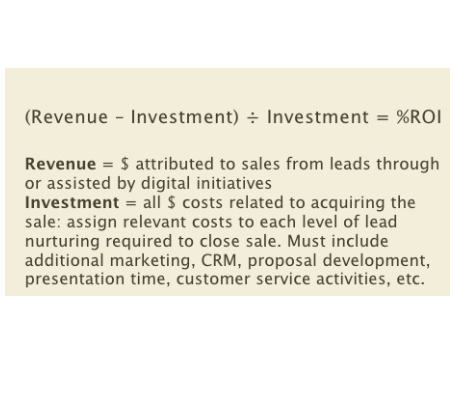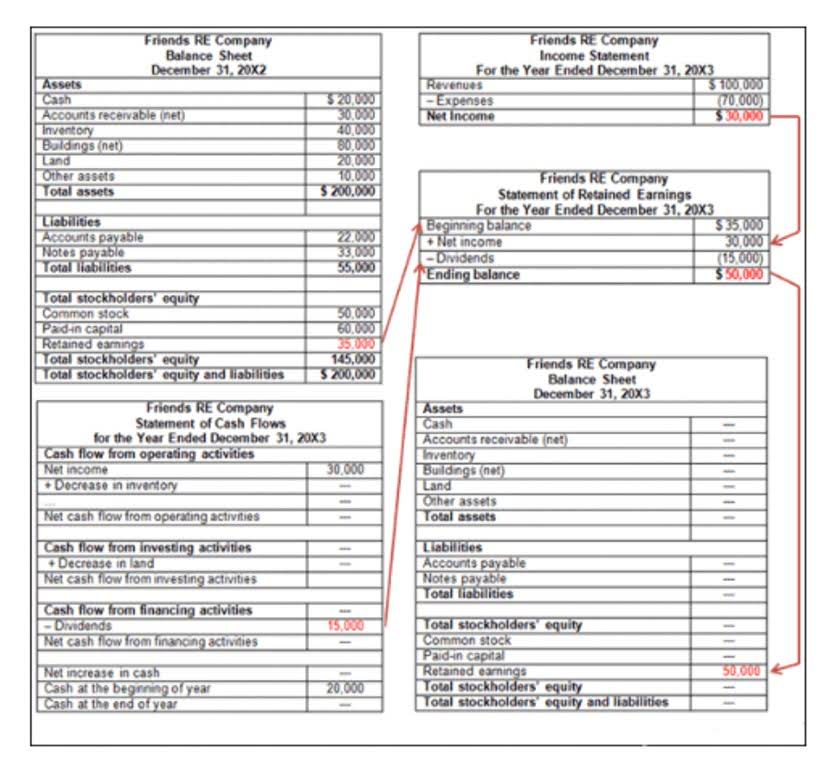
Therefore, the choice depends upon whether you are looking to scale up your business or just start a small venture when it comes to choosing the right accounting software. As both Xero and QuickBooks can be used for tracking the finances at a small scale to large-scale business, figure out your requirements first and then pick one accordingly. If you are searching for cloud-based accounting software to strengthen your business, the two most popular ones you will come across are Xero and QuickBooks.
Xero’s security apparatus is well known in the cloud-computing arena. QuickBooks offers payroll processing, which cost either $19 or $49 per month, depending on your needs and then $2 for every employee. Xero doesn’t have this feature but it integrates with other applications that offer this feature. When we inputted new invoices or added information, the dashboard updated immediately to reflect changes. QuickBooks Online was given the highest rating in the accounting category because it has the widest range of features and the most power.
We’ll also mention any notable strengths and drawbacks that were shared by current customers that we interviewed. If you want the most robust and customizable reports, QuickBooks is Credit Purchase Definition, Importance, and Pros & Cons hands down the best option of the three. You can create vendor, project, and class reports, set up custom reports, and even see visual business insights and performance trends.
The Xero App Marketplace includes over 800 apps and is constantly introducing new ones in categories such as CRM, invoicing, inventory, time tracking, e-commerce, and others. Xero also has ten in-house apps that allow you to access its functionality on your mobile device. Xero’s financial reporting tools start with interactive reports and budgets, which are updated in real-time throughout the week. When you require additional information, you can jump to detailed transactions and define specific KPIs.
The dominant business accounting software solutions for folks just getting off the ground are QuickBooks (by Intuit) and Xero. With its comprehensive invoicing capabilities and automated tax calculations, it’s no wonder that QuickBooks Online is considered the top invoicing accounting software. Whether you’re a small business or a larger enterprise, QuickBooks Online provides the tools and flexibility needed to streamline your invoicing processes and enhance your brand image. When considering accounting software for your business, it’s crucial to be aware of any limitations that may impact your operations. Let’s delve into the product limitations of Xero and QuickBooks to determine which platform offers a better fit for your specific needs. Reconciliation is the process of comparing two sets of records to check that the figures are correct and in agreement.
Xero Vs QBO Extra Features
For the record, Xero has an outstanding set of accounting features. Has robust reporting tools and report customization options, invoicing for an unlimited amount of clients, inventory tracking in higher tier plans, plus a capable mobile app. Has robust reporting tools and report customization options, basic inventory tracking in all plans and a capable mobile app; Early plan limits the number of invoices and bills. Xero is a reliable tool for small businesses because it offers a similar set of features in a much more user-friendly package. Customers we spoke to reported that many capabilities take just one step in Xero, where the same action would take two or three steps with QuickBooks Online. While it’s simple and intuitive, it’s still powerful and has pre-built integrations with more than 800 third-party software tools with the Xero Marketplace.
QuickBooks products, including QuickBooks Online and QuickBooks Desktop, currently have a 76% market share in the US. For contractors dealing with complex financials, another key difference between Xero and QBO is the availability of industry-specific features. However, if you just need basic data to monitor your cash flow and profitability, then Xero can be a good option. Xero and QuickBooks have its advantages and disadvantages, so it’s important to consider which features suit your small business best. Whether it’s Xero vs. Quickbooks Online, you get reliable features to process invoices and quotes. If you want live customer service, QuickBooks Online is also the right choice.
If you want to integrate your accounting software with other software and apps, Quickbooks wont disappoint you. Automating day-to-day tasks can make any business more efficient, and Katana’s cloud manufacturing software is designed to do just that. When you combine the power and advantages of our software with the accounting abilities of Xero or QuickBooks it’s a match made in heaven.
- In fact, it even offers an unlimited number of users for every one of the plans.
- It’s designed specifically for small businesses and offers invoicing, time tracking and expense management.
- Small business ideas, business tax news and small business consulting from Barbara Weltman to provide business owners with the information they need to succeed.
QuickBooks also provides an extensive library of video tutorials and webinars to help users maximize their software’s capabilities. Xero and QuickBooks both strive to provide excellent customer support, ensuring that users receive timely assistance when needed. Xero offers 24/7 email support, comprehensive online help resources, and a vibrant user community.
QuickBooks Feature Review
You can also cancel anytime with QuickBooks, whereas Xero requires a month’s notice of cancellation. Xero and QuickBooks Online are both user-friendly, streamlined and cloud-based. They both have an app, and pricing based on a monthly subscription model. Xero doesn’t have built-in payroll functionality, but you have the option to add on Payroll with Gusto for an additional $39 per month on any plan. However, if your company relies heavily on other software services, Xero is a better bet than QuickBooks for ensuring that everything works together and is easily accessible.

As you can see below, all three online accounting platforms are compatible with Google Apps, Excel, Zapier, HubSpot, various time-tracking, expense-tracking, and project management software. Wave’s reporting features are also easy to use but lack depth when it comes to sales tax, inventory, and employee data. This could work well for freelancers, solopreneurs, and businesses with only a couple of employees. Larger businesses — even startups — will not find Wave’s offering here to meet their needs. If you run an e-commerce or physical products business, you shouldn’t use Wave.
On their advanced plan, they also have “smart reporting by Fathom,” which includes machine learning. The only con is that it takes some time to learn how to use their extensive reporting features. While searching for accounting software, you might also come across something called QuickBooks Online Essentials. This is a different product than the ordinary accounting software, and it’s specially designed for service-based businesses which invoice for their time.
Customer support
Certain industries may have software integrations or specialized features that are better supported by either Xero or QuickBooks. Evaluate your industry requirements and research the compatibility of each software with your unique needs. Conversely, if you have a smaller business and value a user-friendly interface with robust features, Xero could be the ideal fit. On the other hand, QuickBooks also presents a few product limitations.
Both accounting software solutions have their strengths and are widely used by businesses of all sizes. Let’s dive into the key takeaways to help you make an informed decision. On the other hand, QuickBooks Online offers a comprehensive set of features that can cater to the needs of growing businesses. In this Xero accounting software vs QuickBooks Online comparison, both platforms have their strengths. Xero stands out for its simplicity and ease of use, making it an excellent choice for small businesses or those new to accounting software. Xero or QuickBooks Online (QBO) are popular cloud-based accounting platforms used by businesses of different sizes because they are designed to provide flexibility and accessibility.
This user review score helps us give more credit to software products that deliver a consistent service to their customers. Support network refers to a community of software users that can extend professional help to businesses. Having an independent software expert perform the bookkeeping is good for overall ease of use. Lastly, our expert opinion score is our subjective rating based on our experience in trying the software.
When to Choose Xero vs. QuickBooks
While this may not be a problem for your company, as your accountant will likely be doing most of the work within the software, it’s still something to keep in mind. Freelancers in particular might opt for a more user-friendly tool that’s less overwhelming to learn to use. Hopefully, we managed to help you decide which accounting software is the best for your business. QuickBooks vs Xero come head-to-head when it comes to the best accounting software for SMBs. They share a majority of their features, making the decision between the two difficult. In 2002 they released QuickBooks, with QuickBooks Online available two years later.
Who Should Purchase Xero?
Pilot is a provider of back-office services, including bookkeeping, controller services, and CFO services. Pilot is not a public accounting firm and does not provide services that would require a license to practice public accountancy. Migrating systems is a giant headache, so you want to choose the best accounting software that will work as your company grows. All three platforms accept all of the major credit cards (Visa, Mastercard, Discover, and AMEX) as well as bank account payments (ACH) and PayPal. Just like with inventory, Xero and QuickBooks are your best options for sales tax configuration and reporting. You can even turn estimates into invoices and send them in any currency.
QuickBooks pros and cons
Both Xero and QuickBooks Online have their own versions of transaction tracking tags, but QuickBooks Online is the winner in this arena. Xero lets users create two active tracking categories, while QuickBooks Online allows users to create 40 in the Simple Start, Essentials and Plus plans. The more categories you create, the more reports you can run to get a better idea of how your business functions and where there’s room to grow. In areas such as tax support, lending, project management, invoices, QuickBooks races ahead.









